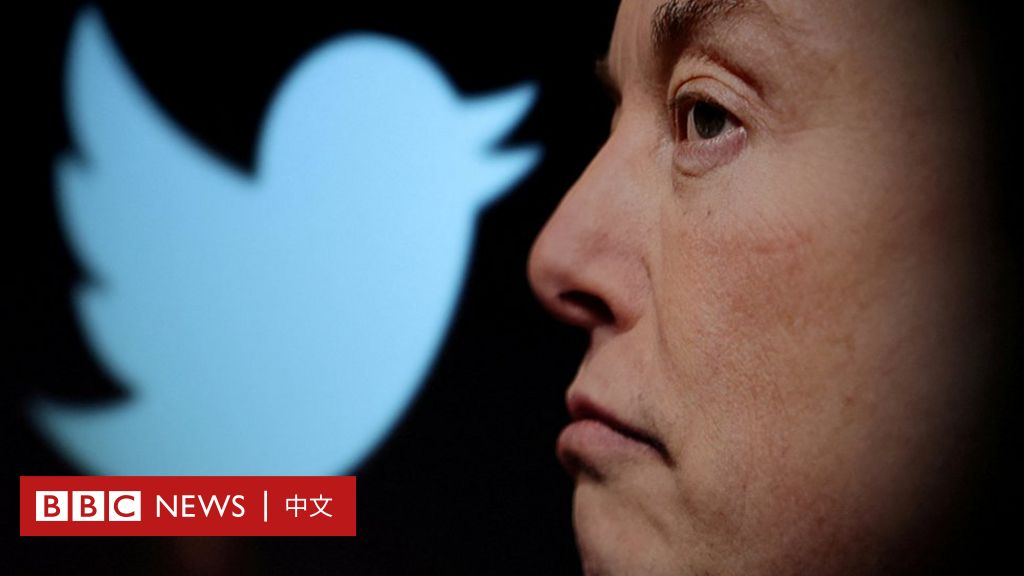- Ben Derico
- From the BBC reporter from San Francisco
image source,Reuters
Elon Musk said Apple has stopped most advertising on Twitter, blaming Apple for threatening to remove Twitter from the app store.
Musk’s falling out with Apple stems from the content moderation plan he set up after he bought Twitter, and many companies, including Apple, have stopped advertising on Twitter due to concerns about that plan.
British broadcaster the BBC asked Apple for comment on Musk’s remarks, but the company did not respond.
What did Musk say?
Musk said there has been a “massive” decline in Twitter revenue and accused activists of lobbying advertisers.
In a series of tweets on Monday (Nov. 28), Musk accused Apple of “censorship” and criticized Apple’s policies, including charging for App Store purchases.
“Apple has mostly stopped advertising on Twitter,” Musk said. “Do they hate free speech in America?” he said.
Musk also said Apple threatened to remove Twitter from the app store, without explaining why. Musk directly tweeted to Apple CEO Tim Cook, asking, “What the hell is going on with @tim_cook?”
What Happened to Twitter’s Ad Revenue?
Musk, who bought Twitter for $44 billion last month, has come under pressure after some companies stopped advertising on the site.
Musk said he hopes to make money by turning Twitter verification into a paid subscription service, but currently the vast majority of Twitter’s revenue comes from advertising.
According to the Washington Post, Apple is the largest advertiser on Twitter, spending $48 million on Twitter in the first quarter of 2022.
Global companies including General Mills, maker of the Cheerios breakfast cereal brand, and Volkswagen have halted their ad spend on Twitter in recent weeks.
Watchdog Media Matters reported last week that half of Twitter’s top advertisers had pulled their ads on the platform over concerns about the company’s direction.
Apple’s media arm Omnicom advised the Silicon Valley giant to suspend Twitter advertising over concerns over Apple’s “brand safety,” reported The Verge.
How does Apple influence Twitter?
Analysis by James Clayton, BBC North America technology correspondent:
Musk figured out who really holds the power over social media companies.
The billionaire notoriously dislikes being told what to do. When it comes to Twitter, however, Apple has what it takes.
First, as others have discovered, who has access to Apple’s app store is a matter for Apple alone. If Apple wanted, it could prevent Twitter from being downloaded to iPhones around the world. This would be a devastating blow to Twitter.
Not only that, but Apple can charge whatever it wants for the privilege of accessing the App Store. For a company like Twitter, it can charge 15-30% for in-app store purchases.
Epic Games, maker of the Fortnite game, has challenged the tax in a US court. In 2021, the company filed a lawsuit against Apple over the so-called “walled garden,” the app store’s fee.
Finally, Apple has the right to stop advertising on Twitter, which is an important source of income for Twitter.
Musk is not the first to point out this asymmetry of power. (Zuckerberg’s) Meta has complained for years about Apple’s dominance of its Instagram and Facebook apps.
Now that Musk has appeared, Apple has another rich and powerful opponent.
How influential is the Apple App Store?
By choosing to take on Apple, Musk is effectively taking part in a larger debate about the power Apple has over the online business through its App Store, the place where iPhone users download games and other apps.
Right now, Apple can claim up to 30% of the monthly fees Twitter plans to charge users.
In this regard, Musk tweeted a pack of emoticons: At the fork in the road, a road sign reads “Pay 30%”, another road sign reads “Hold on”, and in the direction of the arrow pointing to “Hold on”, there is a car and go.
All companies listed in the app store must comply with Apple’s rules and pay fees, otherwise they face delisting or suspension of purchases.
Last year, Apple suspended social media platform Parler from the App Store, saying the platform didn’t do a good enough job of eliminating hate speech.
Later, after Parler updated its policy, Apple re-listed the platform in the App Store.


